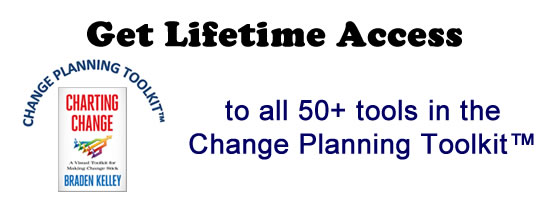Capitalism isn’t broken. It’s been high-jacked.

We live in tense times. In our era even seen systemic and corporate fraud at SkyTel, Enron, and others. We’ve watched our tax dollars bail out many of the largest banks and insurance companies. We’ve witnessed a huge economic shift that favors the very wealthy and minimizes the Middle Class. We’ve wondered why CEO pay has risen to the level of championship athletes and stood aghast at their golden parachutes when they leave a company they have sunk.
We have also seen citizens rise against these trends as part of Occupy Wall Street, Fight for 15, and other movements vying for economic justice.
Therefore, it is easy to understand the tide of mistrust of our economic system. The rise of memes on social media that distrust Capitalism and favor Socialism should serve as a wake-up call. There are memes about countries with Socialized Medicine coupled with recent TIMEarticle about how the U.S. scores worst on healthcare in all the developed countries of the world. There are memes showcasing a vibrant, young FDR as a Democratic Socialist. More important, there is a fundamental distrust in the lobbying efforts, regulatory collusion, and what can be seen as a corporate takeover of the political system.
People react in different ways to these trends. On one hand, Libertarians want to return to the idea of a deregulated Free Market—and yet, no market is really free given the lobbying of corporate interest. On the other hand, many people are impassioned with a move toward Socialism. Given the headlines in the news who can blame either reaction away from the mainstream. The ruling paradigm is not sustainable, not trusted, and in bad need of an overhaul.
What we are living in—made famous by the leaked letter by Citigroup—is a “Plutonomy.†Here’s a definition:
- An economy that is driven by or that disproportionately benefits wealthy people, or one where the creation of wealth is the principal goal.
Here are two excerpts from that letter:
“-The World is dividing into two blocs – the Plutonomy and the rest.  The U.S., UK, and Canada are the key Plutonomies – economies powered by the wealthy.â€
“In plutonomies, the rich absorb a disproportionate chunk of the economy and have a massive impact on reported aggregate numbers like savings rates, current account deficits, consumption levels, etc.
Much of the general angst against Capitalism isn’t against Capitalism but against Plutonomy.
One brand of capitalism makes a detailed argument that can help the people, the planet, and maintain profits for a triple-win scenario. It’s called Conscious Capitalism: “Conscious Capitalism is a way of thinking about capitalism and business that better reflects where we are in the human journey, the state of our world today, and the innate potential of business to make a positive impact on the world.†I’ll be exploring the concept in several future columns.
Image credit: boingboing.net
Wait! Before you go…
Choose how you want the latest innovation content delivered to you:
- Daily — RSS Feed — Email — Twitter — Facebook — Linkedin Today
- Weekly — Email Newsletter — Free Magazine — Linkedin Group
 Michael Graber is the managing partner of the Southern Growth Studio, an innovation and strategic growth firm based in Memphis, TN and the author of Going Electric. Visit www.southerngrowthstudio.com to learn more.
Michael Graber is the managing partner of the Southern Growth Studio, an innovation and strategic growth firm based in Memphis, TN and the author of Going Electric. Visit www.southerngrowthstudio.com to learn more.
NEVER MISS ANOTHER NEWSLETTER!
LATEST BLOGS
Credit Card Shenanigans
It must be great to be in the credit card business in the United States. Demand is relatively inelastic and regulation is lax, so you can charge whatever you want for an interest rate, increase your fees once or twice a year, and make additional money off cash withdrawals and foreign exchange transactions.
Read MoreBuilding an Experience
As people become ever more immune to traditional advertising and marketing, branding will become more important. Branding is all about building an emotional connection with customers. Making the decision to follow a strategy focused on building a brand is not without peril, however, as it means that you will have to choose to not do certain things, like pursue a low price strategy.
Read More- « Previous
- 1
- …
- 4,132
- 4,133
- 4,134




